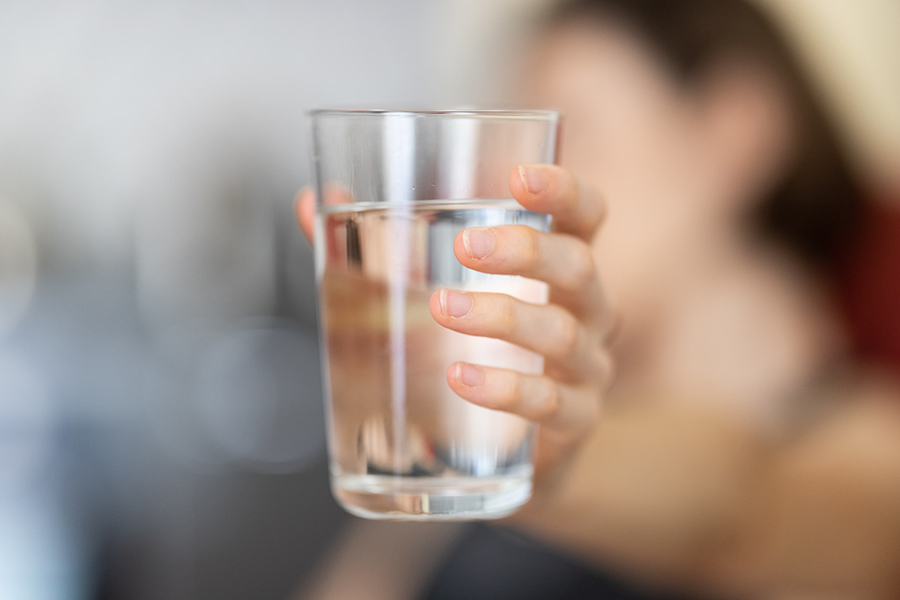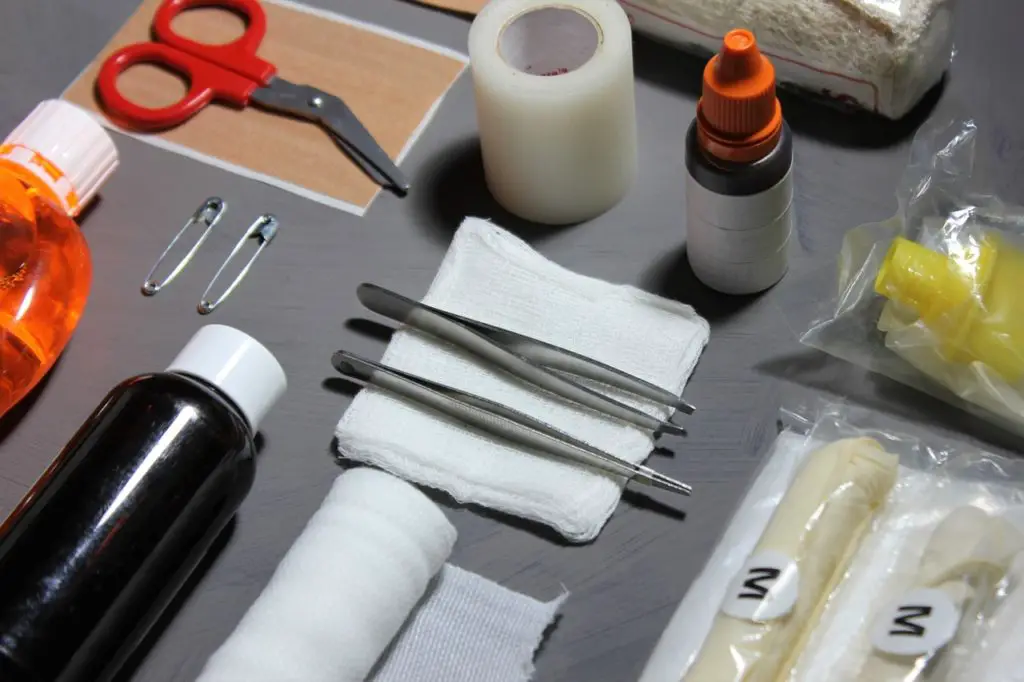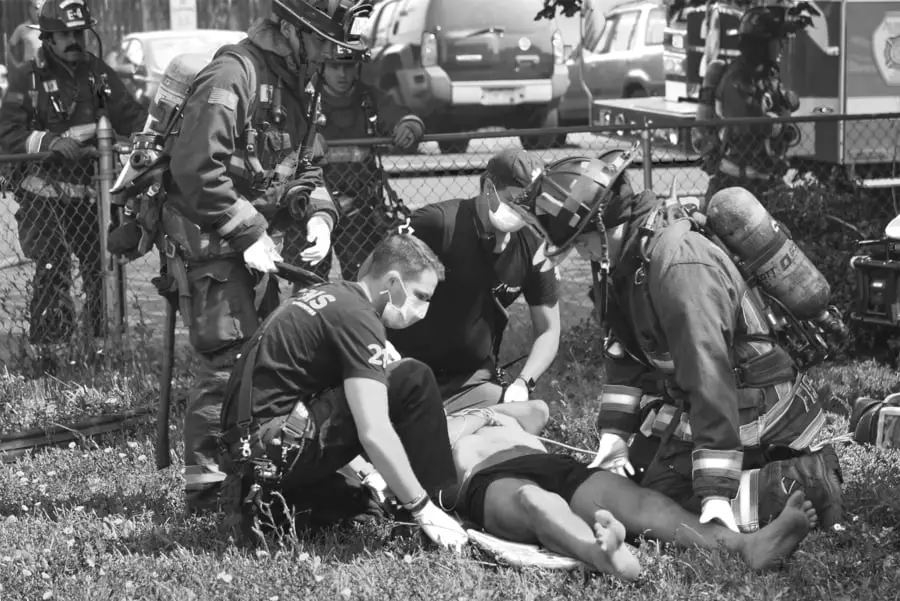Intermittent fasting has become an extremely popular method of dieting in recent years. But fasting has been practiced for centuries and was often used for spiritual reasons or as part of religious observances. One critical component to fasting is staying hydrated, and along with hydration, maintaining electrolyte levels. This article will explain why you need electrolytes while fasting, how much you need, and where you can get them.
What are the health benefits of fasting?
The act of fasting is when you make the choice to stop eating and drinking everything besides water for a certain period of time. There are many types of fasting: some may go for days, while others limit food consumption to a few hours per day. There is no doubt that fasting has positive effects on your health when done correctly, although results may vary based on sex, weight, or underlying health conditions. Healthline has put together eight reasons why fasting is beneficial to your health.
- Fasting promotes blood sugar control by reducing insulin resistance.
- It promotes better health by fighting inflammation.
- Fasting may enhance heart health by improving blood pressure, triglycerides, and cholesterol levels.
- It could boost brain function and prevent neurodegenerative disorders.
- Fasting aids weight loss by limiting calorie intake and boosting metabolism.
- It increases growth hormone secretion, which is vital for growth, metabolism, weight loss, and muscle strength.
- Fasting could delay aging and extend longevity.
- It may aid in cancer prevention and increase the effectiveness of chemotherapy.
If you want to know more about the benefits of fasting or review some of the source information for this list, you should visit the Healthline article here.
Importance of staying hydrated while fasting
When you’re not eating for extended periods of time it’s crucial for you to maintain your hydration. Water has no calories and will not affect the fast. In addition, studies show that somewhere between 24% to 41% of the water you take in is through the food you eat, with an average somewhere around 30%. Think about the juiciness of fruit or the water content of plant life i.e. the vegetables we eat. This constitutes around a third of our water intake.
It’s not uncommon for us to confuse thirst for hunger. Any diet out there will promote drinking water throughout the day. Others will suggest that you drink water whenever you feel hungry. This is because we often confuse the two so drinking some water and waiting will help us determine if we are truly hungry.
It’s also not uncommon to confuse water weight loss with true fat weight loss. Staying hydrated keeps us healthy and doesn’t give us a false sense of accomplishment as we initially start to shed pounds. In addition, sodium (an important electrolyte) helps our bodies retain the water that we drink.
What are electrolytes?
Electrolytes are minerals that are electrically charged. These minerals help the body send and receive electrical currents that are essential to the body’s functions. Every muscle contraction happens via these electrical signals. Electrolytes also help to regulate and maintain water levels in the body. So it’s not just water that hydrates the body, it’s the balance of water and electrolytes.
Electrolytes aid in:
- Muscle function and contractions
- Nervous system functions
- Hydration and water regulation
- pH levels
- Helps to regulate blood pressure
- Helps move nutrients and waste in and out of cells
Why do you need electrolytes while fasting?
Regardless of whether or not you’re fasting, electrolytes are needed for all of the above-mentioned reasons. Considering that food is your main source of electrolytes, additional sources are likely to be needed to get you through the fast, especially as your fasts become longer.
For shorter fasts like 16:8 intermittent fasting, it’s less critical to supplement your water with electrolytes unless you’re sweating heavily due to your environment or your workouts.
Electrolytes (particularly sodium) are naturally lost as your body sweats. If you’re combining exercise with fasting for weight loss, then you should be particularly diligent about maintaining electrolyte levels if you sweat excessively during your workouts.
What electrolytes do you need when fasting and how much?
The following table is a list of the electrolytes you need and a recommended daily value for each. The amounts listed are for healthy adults and amounts can differ based on your health, for children, or women who are pregnant. Since too much can be toxic for your body, I’ve also included the upper tolerable limit of how many mg should be taken per day. It’s always a good idea to consult a dietician to cater a plan to your specific goals or needs.
| Electrolyte | Recommended Daily Allowance | Upper Tolerable Limit (the highest amount you can take without risk) |
| Sodium (Na) | 1500 mg/day 1300 mg/day for people over 50 1200 mg/day for people over 70 | 2,300 mg/day |
| Potassium (K) | 4700 mg/day | Not determined |
| Magnesium (Mg) | 320 mg/day for women 420 mg/day for men | 350 mg/day (as a supplement)* |
| Chloride (Cl) | 2300 mg/day 2000 mg/day for people over 50 1800 mg/day for people over 70 | 3,600 mg/day |
| Calcium (Ca) | 1000 mg/day 1200 mg/day for women over 50 1,200 mg/day for men over 70 | 2,500 mg/day 2,000 mg/day for people over 50 |
| Phosphate (PO4) | 700 mg/day | 4,000 mg/day 3,000 mg/day for people over 70 |
Sources: https://www.webmd.com/vitamins-and-supplements/vitamins-minerals-how-much-should-you-take
https://www.medicalnewstoday.com/articles/323349#magnesium-sources
Will electrolytes break my fast?
Generally speaking, any amount of calories will break a fast, although there are some fasts that allow a small percentage of your daily recommended calories. Water and electrolytes contain zero calories and therefore are perfectly fine to consume while fasting. Be careful to check the label of supplements that contain electrolytes as there are some that do contain calories. Also, know that many branched-chain amino acids will not list any calories on their label, but BCAAs do contain some calories.
How to get electrolytes while fasting
Food
The best and most common way to take in electrolytes is through a well-balanced diet. There are some situations when not fasting (like diarrhea, vomiting, or periods of exercise) where electrolyte supplementation would be beneficial. Otherwise, you should be able to take in all of the necessary vitamins and minerals needed through the foods you eat. For limited fasts (like intermittent fasting) you probably won’t need to supplement, although some wouldn’t hurt. When fasting for longer periods of time (usually over 12 hours) supplementation is usually suggested.
Liquids
Since you’ll be drinking a lot of water during your fast, it’s easy to add an electrolyte supplement to your water. These supplements, usually in the form of a powder, have the added benefit of adding flavor depending on your choice of supplement. This has always helped me to keep my water consumption up throughout the day. Unfortunately, there are very few options that have zero calories, so make sure to check the labels.
The other thing to look for is supplements that are focused on keto users. This is because the keto diet limits many fruits and some vegetables which are the primary sources of many vitamins. This means that electrolyte mixes that cater to keto users will likely have the electrolytes you’re looking for.
Multi Vitamins
Multi-vitamins are a great way to fill the nutritional gaps in your diet, and you can certainly find ones that contain several electrolytes.
Best electrolyte supplements
Every person will have to choose their own electrolyte mix based on their particular needs. Your choice will depend on how long your fasts are, whether or not you take multivitamins, and your diet.
Best electrolyte powders
Overall, I recommend Key Nutrients as it’s a good balance of cost while also containing a useful amount of each type of electrolyte. I’ve put together a table below of some of the most popular zero-calorie electrolyte options so you can choose for yourself.
| Keto Vitals | KYBA | Propel | Ultima Replenisher | JUNP Hydration | Key Nutrients | |
| Calories | 0 | 0 | 0 | 0 | 0 | 0 |
| Sodium | 200mg | 500mg | 210mg | 55mg | 99mg | 110mg |
| Potassium | 500mg | 500mg | 65mg | 250mg | 200mg | 240mg |
| Magnesium | 125mg | 80mg | – | 100mg | 100mg | 95mg |
| Chloride | – | – | – | 78mg | – | 160mg |
| Calcium | 100mg | – | – | 65mg | 65mg | 120mg |
| Phosphate | – | – | – | 70mg | – | 100mg |
| Price / Serving | $0.48** | $0.67** | $0.26*** | $0.47* | $0.28* | $0.28* |
**Based on 60 serving canister
***Based on individual packets
Best electrolyte pills
If powders aren’t for you, then popping a couple of pills a day can help your electrolyte intake stay on course. These tend to be slightly cheaper, but don’t have the added benefit of giving your water some flavor.
| Total Hydration Keto | Keto Electrolytes | Zhou Lyte Up | Hi-Lyte Electrolyte Capsules | SaltStick Caps | |
| Calories | 0 | 0 | 0 | 0 | 0 |
| Sodium | 250mg | 350mg | 202mg | 220mg | 215mg |
| Potassium | 100mg | 100mg | 99mg | 150mg | 63mg |
| Magnesium | 200mg | 100mg | 50mg | 50mg | 11mg |
| Chloride | 100mg | – | 271mg | 480mg | 349mg |
| Calcium | 100mg | 100mg | 25mg | 25mg | 22mg |
| Phosphate | – | – | 37mg | – | – |
| Price / Serving* | $0.40 | $0.32 | $0.16 | $0.25 | $0.22 |
Takeaway
Electrolytes are an important part of maintaining health and proper body function while fasting. Short fasts likely won’t need electrolyte supplementation, but as fasts get longer, supplementation will be needed.
What’s your experience with fasting and electrolyte supplementation? Let us know below!




